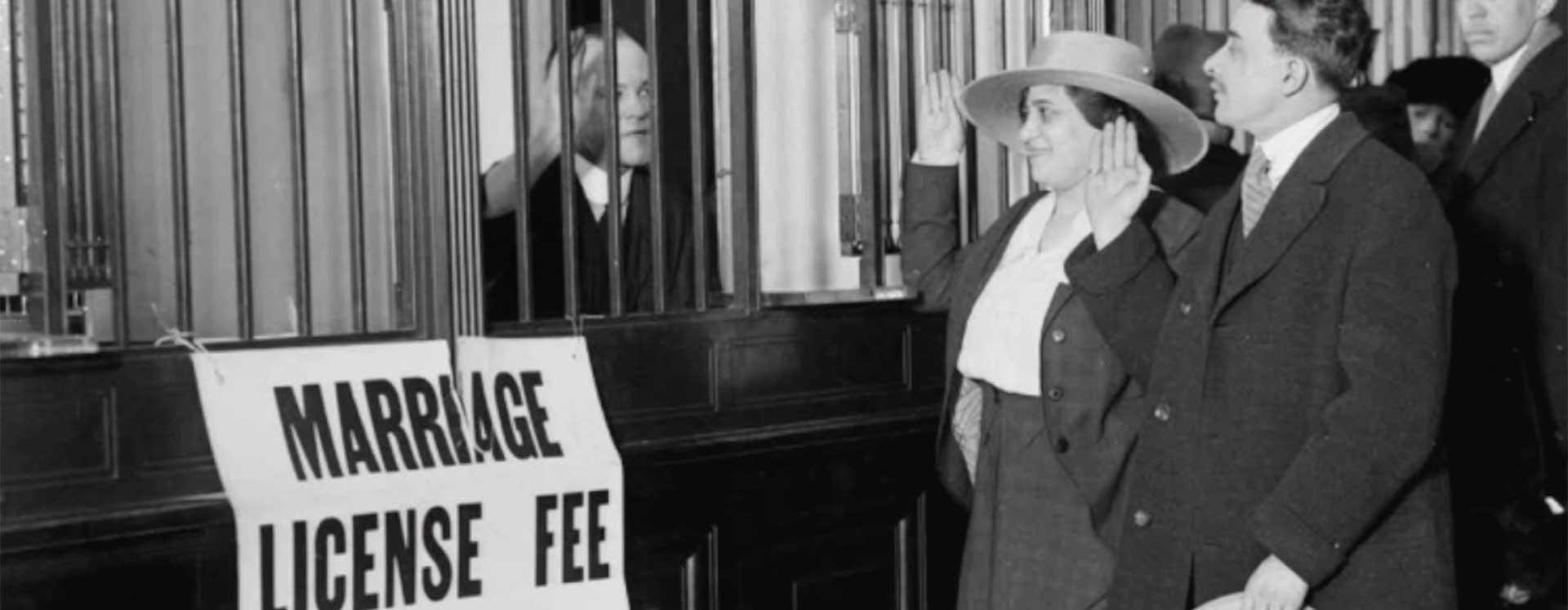We explain the Expatriation Act, a 1907–1922 U.S. law requiring married women to take their husband’s citizenship; St. Cecilia Catholic Church's Mexican-themed Lenten fish fry reaches far and wide; the people working to preserve the Paw-Paw French dialect; and the story behind the ruins of the Lindell Hotel in Tower Grove Park.
Stream on the PBS app or online below.
Expatriation Act
From 1907 to 1922, U.S. law required married women to take their husband’s citizenship, meaning American-born women marrying non-citizens lost their U.S. citizenship; but immigrant women became U.S. citizens if they married an American. Historian Linda Kerger explains why the law was passed and later changed.
St. Cecilia Fish Fry
St. Cecilia Catholic Church serves St. Louis’ Spanish-speaking community, but the appeal of its Mexican-themed Lenten fish fry reaches far and wide.
Paw-Paw French
A local dialect of French survived in the isolated Old Mines community well into the 20th century, and there are a few people today working to preserve it.
This Week in History – Lindell Hotel Fire
St. Louis’ Lindell Hotel was one of the largest and finest hotels in the country when it was destroyed by fire in 1867, in part because fire brigades could not reach the top floors. Some of the building remains were moved to become “the Ruins” in Tower Grove Park.
Related: Living St. Louis / Facebook
Support for Living St. Louis is provided by Betsy & Thomas O. Patterson Foundation.




